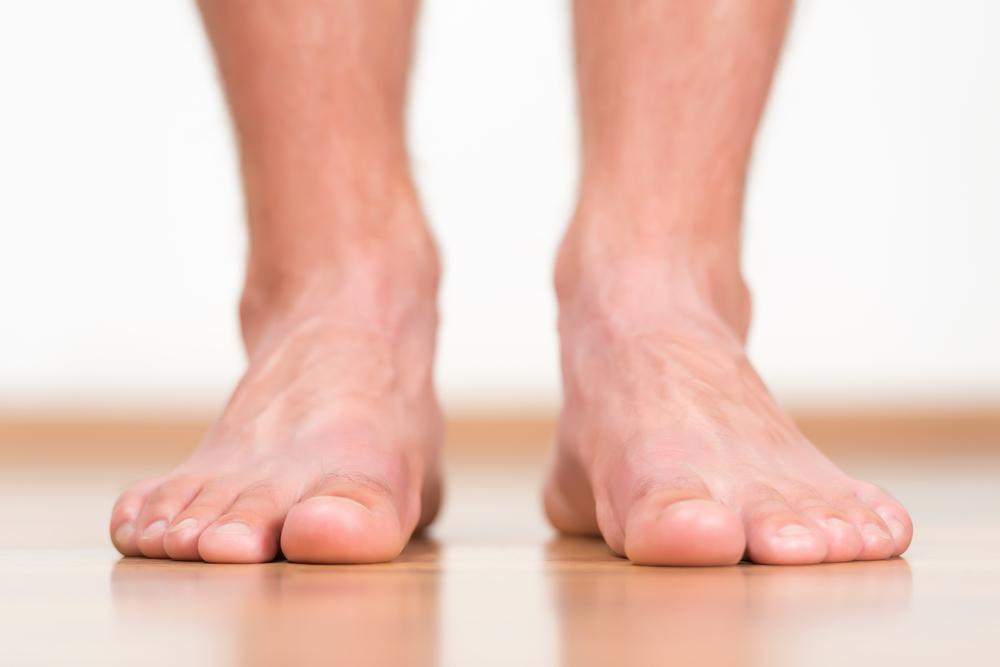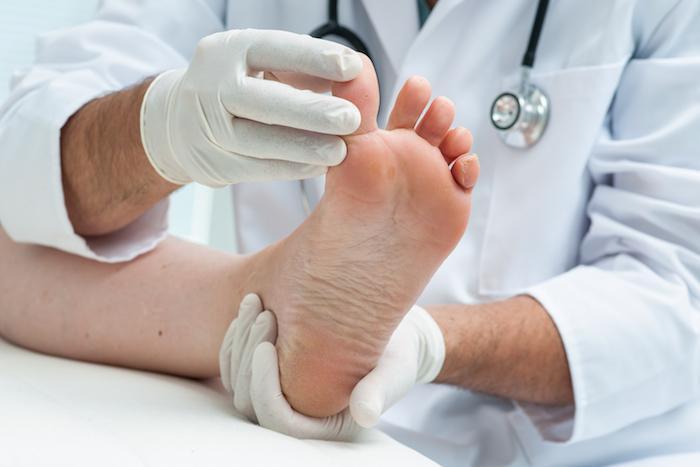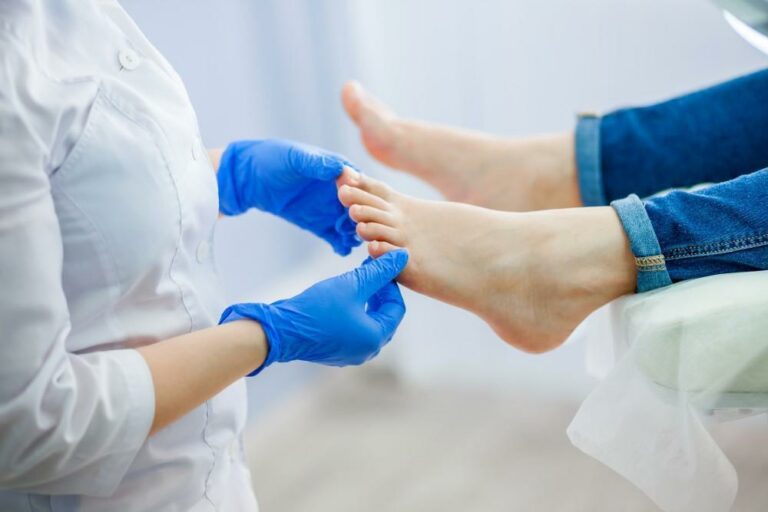Looking forward to spending the summer months with your toes in the sand? Running barefoot all summer long may be a tempting thought, but it’s a good idea to keep in mind some general guidelines to ensure your feet stay healthy and safe from injury.
If you are experiencing any pain or problems with your feet, the team at Great lakes Foot and Ankle Institute can help accurately diagnose your problem, come up with a treatment plan, and get you back on your feet in time to enjoy your summer.
Wear the right footwear
Before you take your little piggies to market, make sure they’re dressed for the task. Going barefoot may feel freeing, but even if it weren’t for the “no shoes, no service” signs, you should wear something on your feet to protect against burns from hot sidewalks and nasty germs on the ground.
Doctors from the American Podiatric Medical Association say Crocs — especially Rx Crocs with an anti-microbial coating — are better than flip flops for protecting your feet and supporting them when out and about, so consider trading in your thong-style summer footwear.
Wear pool shoes or shower shoes in public areas to help protect against plantar warts. These warts, caused by human papillomavirus (HPV), are contracted through a small cut or scrape on your foot after contact with the virus — often when walking across constantly moist areas, like a shower room floor or a pool deck.
Use sunblock and moisturizer
The tops of your feet are prime targets for sunburn, so slather on the SPF 30+ and protect your feet from harmful rays. Reapply every two hours or after swimming or sweating. This includes standing ankle-deep in the lake or dangling your legs into the pool.
You should also moisturize your feet each night before bed. Don’t forget to hydrate by drinking plenty of water all summer long. Your feet will thank you.
Sore feet deserve pampering
If your feet are sore after a long day of beachcombing or running around in the park, don’t hesitate to pull out the epsom salts and prepare a nice warm foot bath to rest your weary toes. A soak for 30-60 minutes twice a week can have your feet feeling like new again and ready to face new adventures.
Diabetics, take care
If you have diabetes, your feet are at higher risk for slow healing wounds or serious infection. Check daily for cuts or scrapes, and be diligent about wound care. If you develop corns or calluses, don’t try to get rid of them yourself. Contact Great Lakes Foot and Ankle Institute, and one of our skilled podiatrists can safely remove them, minimizing your risk of infection.
Don’t let weary feet ruin your summer vacation. If bunions, toenail fungus, or other issues are threatening to spoil your fun, contact one of our six Michigan offices by phone, or book your appointment online today.







